The problem of power supply is very relevant. We all know, with what costs are connected power supply interruptions. If there is no possibility to connect to the centralized power grid, either the supply of unstable due to interruptions of electricity supply, emergency shutdowns - the need to purchase a generator appears.
In such situations, autonomous sources of the main or reserve energy supply will come to the rescue - including generators operating on diesel fuel. They are used to supply electricity in various institutions, stores, in warehouses, in the organization of road, repair, construction work, as well as in domestic conditions - for private houses, country buildings, cottages and cottages. For homeowners, the generator will ensure independence from the centralized power supply network.
Purpose and characteristics of the diesel generator
When choosing a household generator, it is necessary to take into account its target purpose depending on:
- from staying in the house - permanent or periodic, seasonal;
- frequencies of power outages, the planned mode of using the generator - as the main or backup, emergency power source;
- from the planned location of the generator - in the house or beyond.
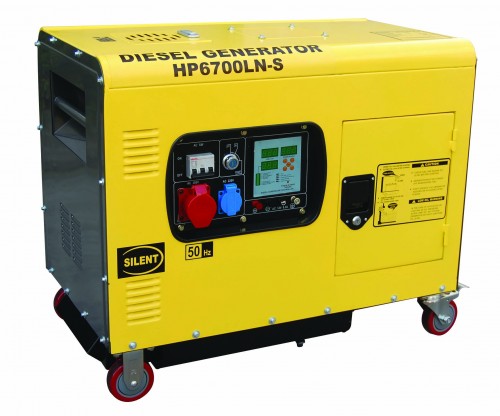
Diesel generators are chosen according to the following characteristics:
- power and electrical installation;
- fuel consumption;
- noise level;
- number of phases (single-phase or three-phase generators);
- a kind of generating unit (synchronous or asynchronous type);
- engine cooling type (liquid or air);
- management system (manual, starter and automatic);
- type of body execution.
Basically, single-phase diesel generators for home and cottage (voltage 220V, alternating current of 50-60Hz, which is the standard parameters of the use of household electrical appliances). If you plan to connect three-phase instruments, you will, accordingly, you will need a three-phase voltage generator in 380V - to power more energy-intensive devices, such as high-power electrical heaters and heating systems. For the cottage generator, such parameters are hardly required.
To maintain high-precision stable voltage in the network, it is recommended to use synchronous generators - the scatter of their output voltage is up to 5%, which allows you to connect computers sensitive to voltage drops and other electrical appliances. Asynchronous motors are characterized by less voltage stabilization accuracy (up to 10%) and are not suitable for nutritional equipment.
Diesel generator power for home
As for the size of the diesel generator, the proportional dependence on the generated power is clearly traced. The diesel generator should be chosen according to the needs of electricity, given the place where you plan to locate it.
Devices of various power ranges are available, it is recommended to buy a diesel generator for the house with regard to future needs. Over the entire line of the generators presented on sale with increasing power, the gap is reduced at their price.
You can calculate the required power of the diesel generator, having losing the power of all the electricity-consumer instruments that plan to include simultaneously. The jet loads should be taken into account - electric motors, pumps, power tools. Power consumption data is indicated in technical passports to products, or they can be read on the electrical appliance plate. It should be borne in mind that the diesel generator unit should not work at its capacity, otherwise the generator mains may decrease. The optimal is considered to load the generator to 75%.
Diesel generators for a country house with permanent accommodation and a significant amount of electrical appliances is recommended to choose with a capacity of 3 kW. For a small country house, there will be enough electric generator with a capacity of 1 kW - it will provide the needs of household appliances (refrigerators, electric kettle, low-power heating boiler).
Device diesel generator
The principle of operation of the diesel generator is as follows. The internal combustion engine converts the energy of the combusting diesel fuel by means of a crank-connecting mechanism into mechanical work. The rotation of the crankshaft of the motor is started, which results in the rotor of the electric generator. An electromagnetic field is excited on its winding - as a result, we obtain an alternating voltage that can be used for your needs.
The diesel generator consists of the following main components:
- diesel engine and the subsystem of its livelihoods (for fuel and air, as well as cooling);
- alternator;
- automatic control systems, monitoring and controlling diesel generator;
- protective metal frame (awning frame, casing, container) to fix equipment and sound absorption during engine operation.
Diesel generator sets can be running manually using the starter or automatically when the main power grid is turned off.
Diesel generators of open versions are distinguished, fixed on a metal frame, or closed execution - in an all-weather noise protection case. It should be noted that most diesel generators are not started at temperatures below 5 ° C - a system of heating fuel, coolant, etc. is required.
Electrical generators on the open frame must be installed in specially equipped containers or rooms with ventilation channels and a gas outlet system to the street. It is also necessary to provide a protective ground to connect the generator housing to it.
Diesel generators for the type of cooling
For efficient operation of the diesel generator, it is necessary to maintain the normal temperature of its nodes. Air or liquid (cold water, toosol) can be used as a cooling source. In powerful generators, it is preferable to use water cooling, since air flow is not enough to cool the electrical installation of high power.
Effective protection against overheating of the mechanism is carried out by circulating refrigerant on metal (copper) pipes. The liquid removes the excess heat, which ensures uninterrupted operation of the generator installation. Water-cooled diesel-generator is characterized by higher reliability and wear resistance compared to the air cooling generator. For a generator with a power of more than 2 kW, water cooling is extremely recommended.
Depending on the type of engine installed, diesel air-cooled generators are used as an emergency source, water-cooled - as an emergency or backup source of power supply.
The following advantages of water-cooled diesel generators can be noted:
- high wear resistance and reliability, motor protection to overhaul is 5000-7000 hours;
- such equipment can serve as a constant power supply, while air-cooled diesel generators must be stopped after 6-8 hours of continuous operation.
The disadvantages of this type of diesel generators include massive and high cost.
In domestic diesel generators for the house, air cooling is allowed - provided that this installation will work as a backup source of power supply, it is also necessary to carry out a regular planned inspection.
Diesel Generators for Home: price and quality
This type of generators allows to fully solve the problem of autonomous power supply for the house, as well as forget about failures and drops in the power grid. It should be noted that the diesel generator set should be reliably protected from overheating and supercooling, so it is necessary to take care of placing it in a special protective container or room.
The price of the diesel generator for the house depends on its output power, constructive execution, degree of automation, as well as on the popularity of the manufacturer.
Alternatively, new generators can be considered the purchase of a Diesel generator buck for home. Imported or domestic diesel generators will stand several times cheaper than new ones, and they may differ in high mothers resource - in this case, you may need some restoration work, but the lower cost of kilowatt electricity justifies itself.

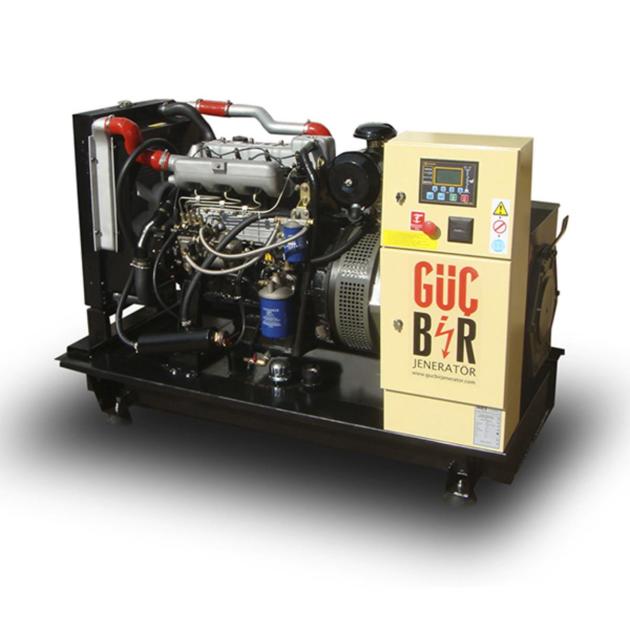
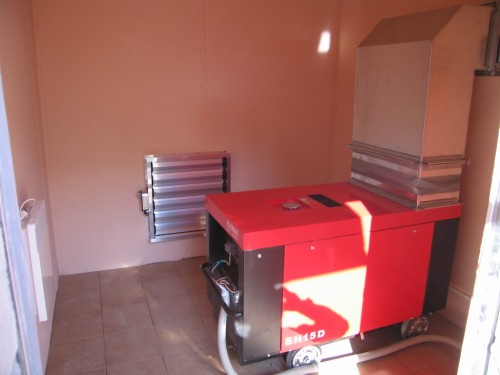
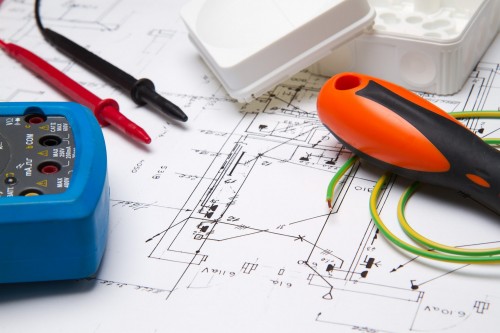
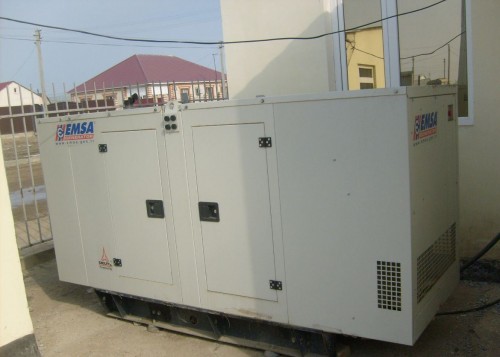
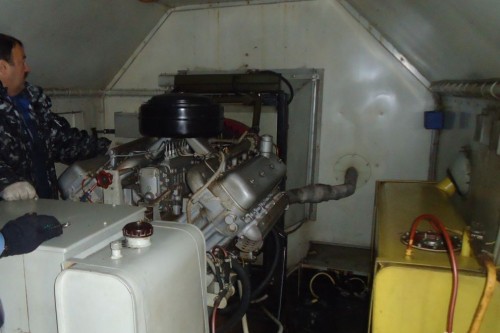
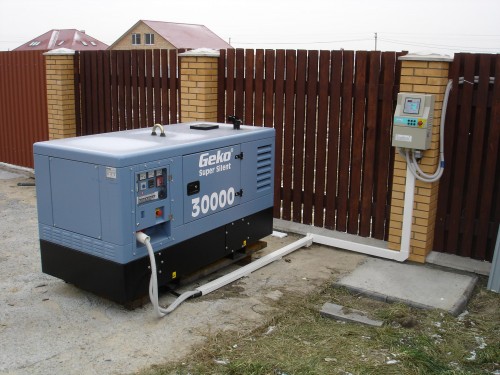
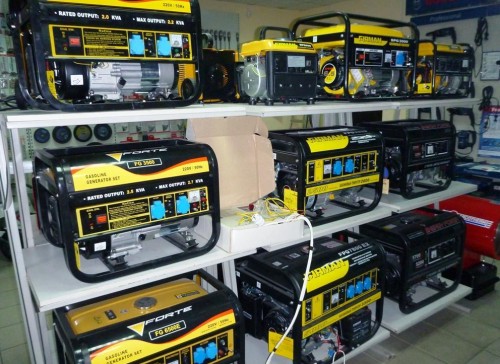









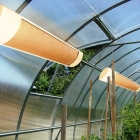


 Start a discussion ...
Start a discussion ...